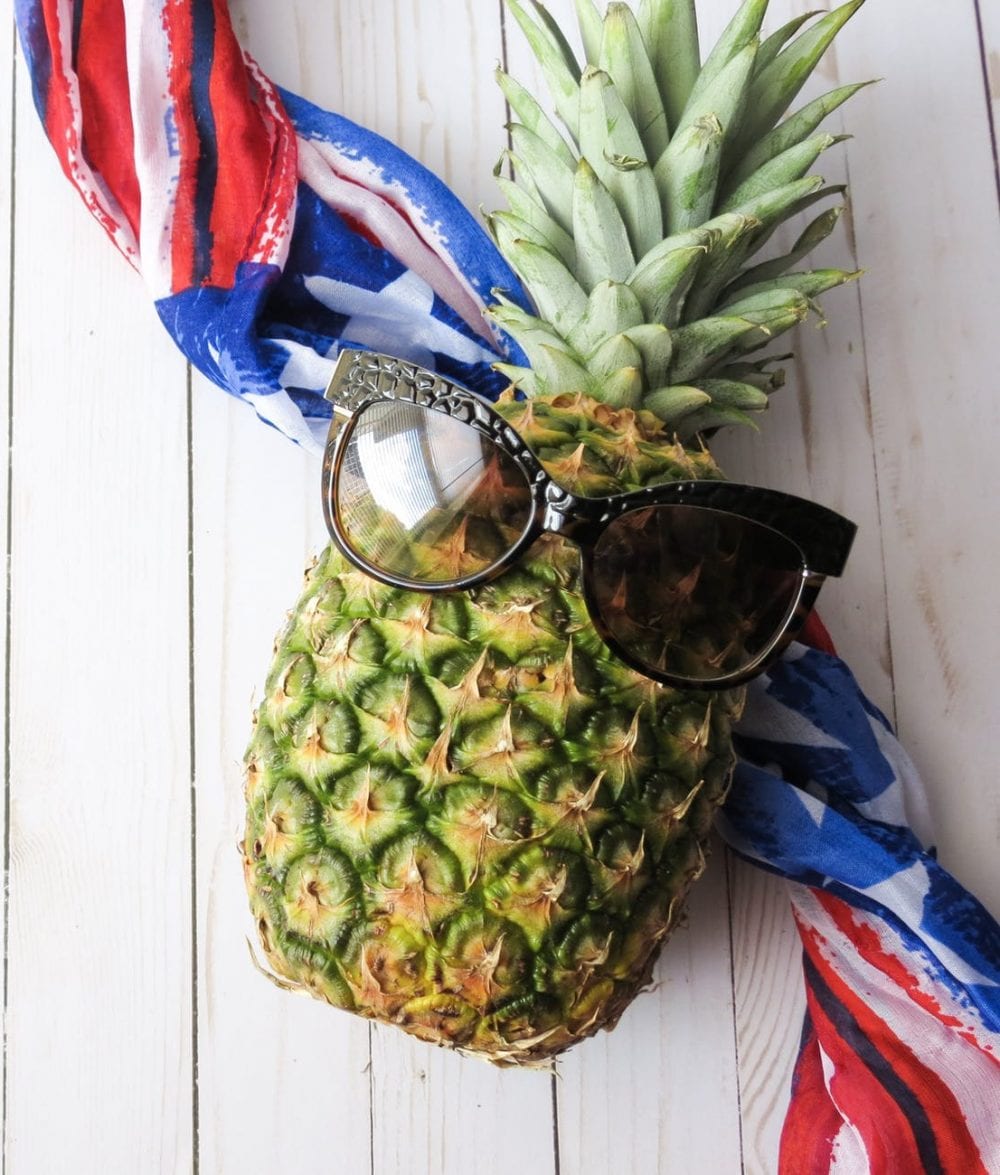- What did you learn about leadership from the Jewish Supreme Leader (JSL) election project?
- Lots more people in the Torah were leaders and not just Moses.
- Through the stories of the leaders we studied, what are some positive ideas the Torah teaches us about leadership?
- Stand up for yourself.
- What are some negative ideas the Torah teaches us about leadership?
- Listen to god or else in some cases you die.
- If you could create the ideal JSL, what would that person be like: their qualities, their personal story, their weaknesses? Why?
- They would believe in god and some times drink too much. They started off in a poor family and became a great leader but when their mom died they started drinking. They believe in God but sometimes question God.
- How do you think leadership has changed from Torah times to modern times? How is it still similar?
- You lead people but most of the time there’s not much religion involved.
- How does the JSL election change the way you think about leadership? Why?
- It didn’t.
Monthly Archives: February 2019
Og’s Great quest
- What did you notice or observe during the challenge?
I noticed that you had to look at everything to solve the puzzle.
- What kind of questions did you ask yourself (meta)?
What am I noticing?
- When did you first begin drawing connections between the different puzzles and pictures?
When Gev.McAdams told us to use the pic for the number lock.
- What were those connections?
Connections to the pic and answers.
- What were your biggest clues?
When Gev.McAdams told us the answers.
- What was the most challenging?
Doing the 9 letter lock
- What was your biggest ah-ha moment? Why?
- When we figured out how stupid we have been.
Energy Efficent House
In my house we have thick walls this helps because it keeps the warm in.
We have denim insulation which is another kind of insulation.
The white paint makes it colder.
Our windows are facing south for just the right amount of sunlight.
We also have solar panels for the little energy we use.
Causes of slavery
What were 3 causes for slavery?
- The white masters were lazy and didn’t want to work.
- You had to buy the slaves to get free labor which is cheaper than paying wages.
- They could show off their slaves because if you had slaves you had money.
What did white slave owners use their slaves for? Why?
They used them for planting, harvesting, laundry, taking care of kids and cooking. During harvest season slaves were expected to work 48-hour shifts.
What crops did slaves harvest? Why these crops?
Cotton, tobacco, sugar, coffee, and rice. These crops were at the time the biggest “cash crops.”
Where were most slaves from? Why?
Africa, because England controlled Africa and then when the English people found them they would ship them to the USA to be sold to white people that own a farm.
Why did so many slaves move to the colonies? Was this their choice? Explain.
They were forced to move by the people who sold them. There was so many because farmers wanted lots of them to work for free for them so they don’t have to work anymore.
Why were there so many slaves in the colonies?
It was a big market back then so there was lots of supply and demand.
Final Clue Blog Post
- What thinking moves did you use when playing this game (questioning, connecting, listening, observing, deducing, reasoning, etc?
I connected that if someone was staying in the same room and started guessing that room.
- How did organizing your information impact your experience playing the game?
it helped me sort out my thoughts and helped me take notes.
- Where else do you use these thinking skills (at school, at home, on sports teams, etc)?
At crimes scenes, if I become a detective.
- When might you need this kind of thinking?
- I might need it when I do escape rooms.
Clue
- What did you notice or observe during the game?
- That clue makes you use a lot of thinking and logic
- What kind of questions did you ask yourself (meta)?
- I was asking myself did I ask this already
- When did you first begin drawing connections between different characters, clues, pieces of information?\
- When I knew it was in the hall
- What were those connections?
- Mr green in the hall
- What were your biggest clues?
- When someone told me all his cards
- What information seems most important to collect?
- the room because you can just stay in that room
*What is the difference between an observation and information?
observation is something you notice and info is strait facts.
